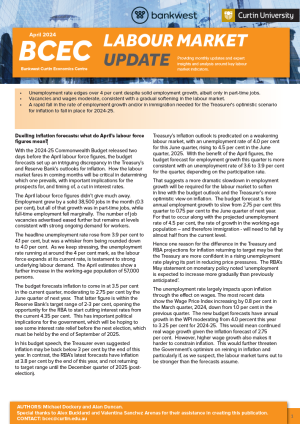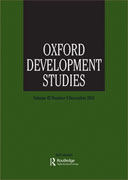Gender in language and gender in employment
Women lag behind men in many domains. Feminist scholars have proposed that sex-based grammatical systems in languages reinforce traditional conceptions of gender roles, which in turn contribute to disadvantaging women. This article evaluates the empirical plausibility of this claim in the context of women’s labour market outcomes. Based on a sample of over 100 countries, the analysis shows that places where the majority language is gender-intensive have lower participation of women in the labour force. Individual-level estimates further underscore this finding and indicate a higher prevalence of gender-discriminatory attitudes among speakers of gender-intensive languages.




